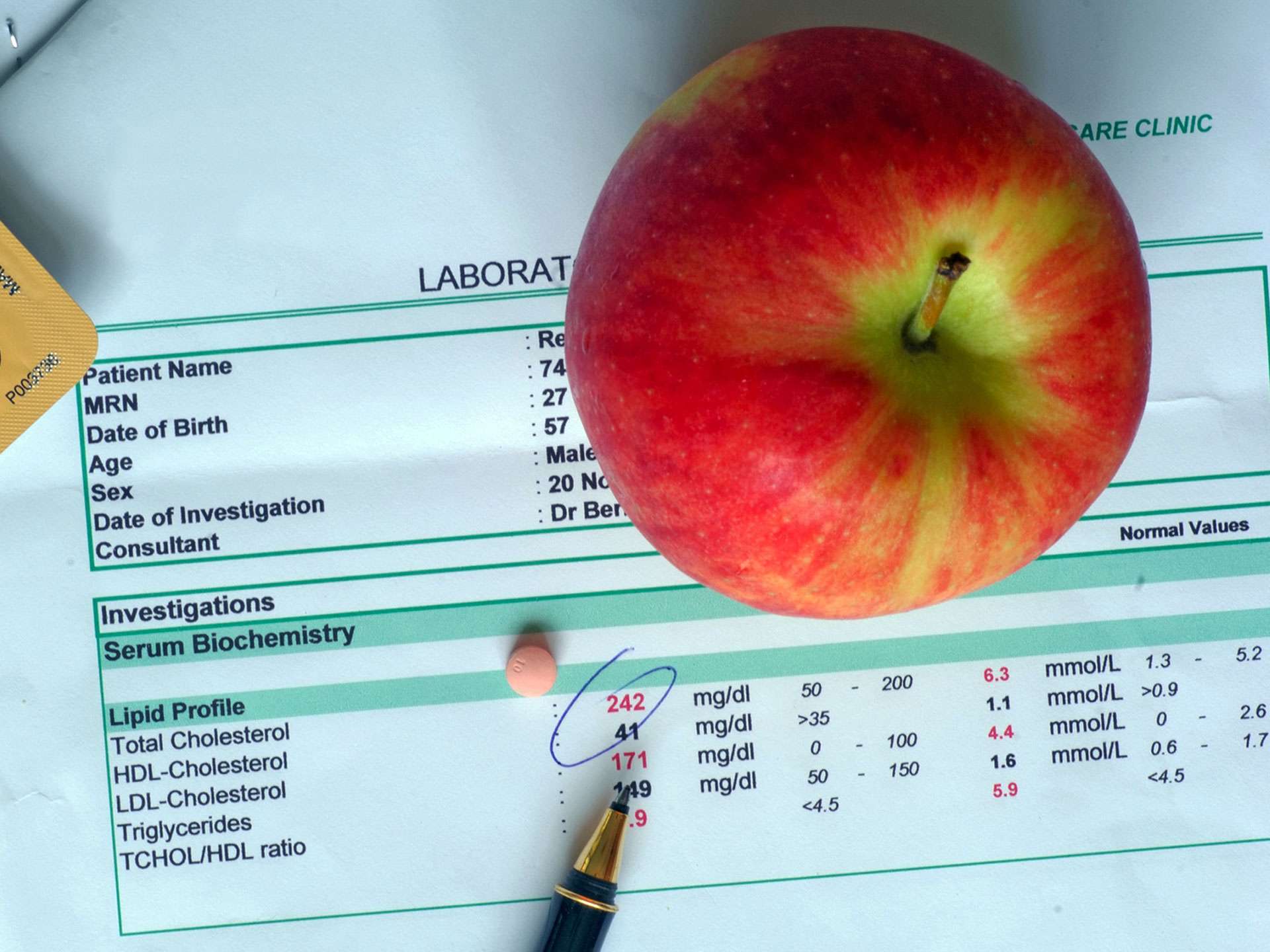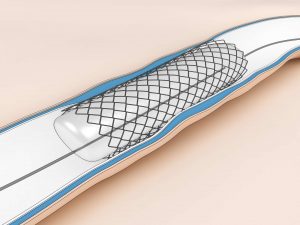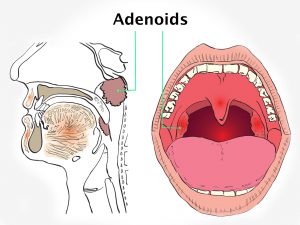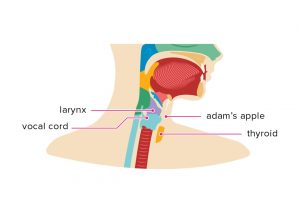The ‘normal values’ in each repot are average values. What is normal for you may not be normal for others. The individuality is seen at all levels.
What is a lipid profile test?
A lipid profile test is one that assesses your blood for the amount of cholesterol in it.
When is it advised?
Lipid profile tests are done as part of a routine health check up, or when the doctor suspects a potential heart disease in you. The test may also be recommended for obese people.
Is it a blood test?
Yes, it is a blood test. You will be advised to fast for a minimum of 14 hours before this test.
What will I be checked for in this test?
You will be checked for your total cholesterol levels, HDL cholesterol levels, LDL cholesterol levels, and triglyceride levels in this test.
How do I understand what my report says?
Cholesterol levels: Cholesterol is an essential requirement for several body functions. The liver produces most of the body’s requirements. So, the oils that we consume through food intake are not really required by the body. The body is capable of eliminating what it doesn’t want. But, if you have unhealthy sedentary lifestyle, the excess cholesterol starts gathering all over your body, and clogs the arteries. This makes you obese, and puts you at a risk for heart disease.
Normal desirable levels of cholesterol are less than 200mg/dL. 200-239mg/dL, on the other hand, means you are at borderline risk for developing cholesterol related complications. 240mg/dL and more, means you are high risk for heart diseases.
LDL Levels: Low density lipoprotein is the bad cholesterol. It increases the chances of developing heart diseases. The report will show the LDL values as follows-
- Optimal – less than 100mg/dL
- Near optimal – 100 to 129mg/dL
- Borderline High – 130 to 159mg/dL
- High levels – 160 to 189mg/dL
The actual LDL goal depends on whether you have existing risk factors for heart disease, such as diabetes or high blood pressure. If you have a high risk for heart disease, the doctor may recommend you to strive for an LDL level of 70, or lower.
HDL Levels: High Density Lipoproteins are the good cholesterols that help carry the bad cholesterol out of the body. So, the more high the level of HDL, the better it is for you. HDL levels of 60 mg/dL or higher, can help protect you against heart disease. HDL levels below 40 mg/dL are considered to be a major risk factor for heart disease.
Triglyceride levels: Triglycerides are a type of blood fat that directly linked to heart disease, and diabetes. If you have high triglycerides, your total cholesterol and LDL levels may be high, as well.
- Normal – less than 150 mg/dL
- Borderline-high -150-199mg/dL
- High: 200 – 499mg/dL
- Very High – 500mg/dL
Lifestyle plays a major role in affecting triglyceride levels. Too much alcohol, excessive smoking, medications like steroids, and some acne treatment can cause high triglyceride levels.
Total cholesterol: HDL ratio: This is the total cholesterol value, divided by the HDL levels. Higher the ratio value, higher is the risk for heart diseases.
Interpreting a report yourself will help you to understand the implications. But, it cannot replace the expert medical opinion. So, visit a doctor and take appropriate medicines, only on doctor’s advice.






























